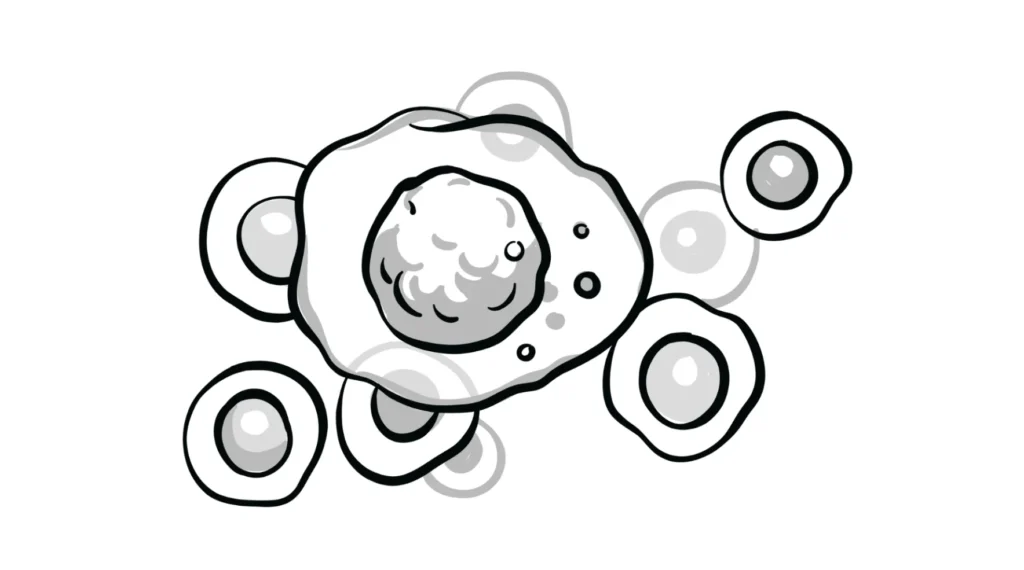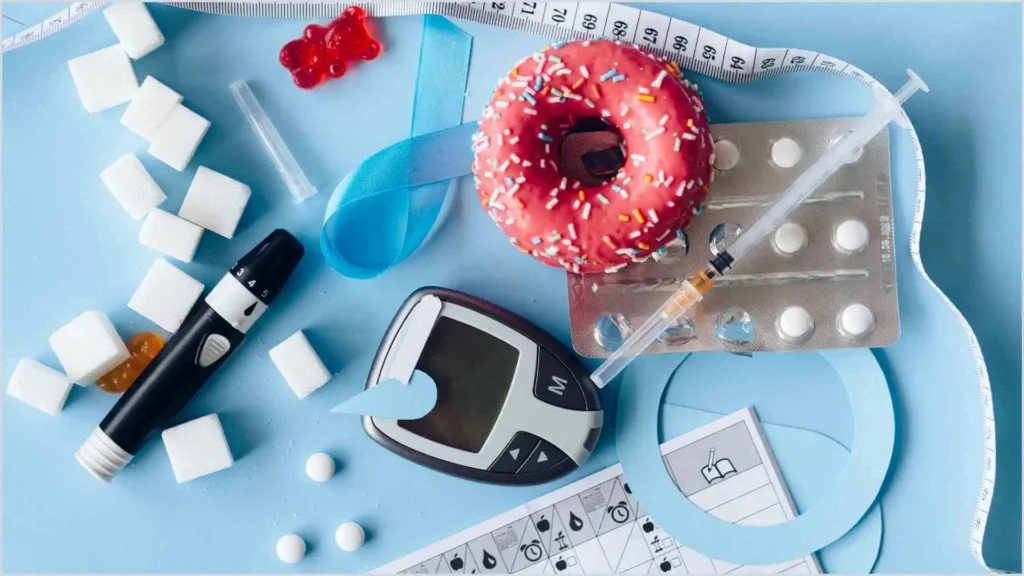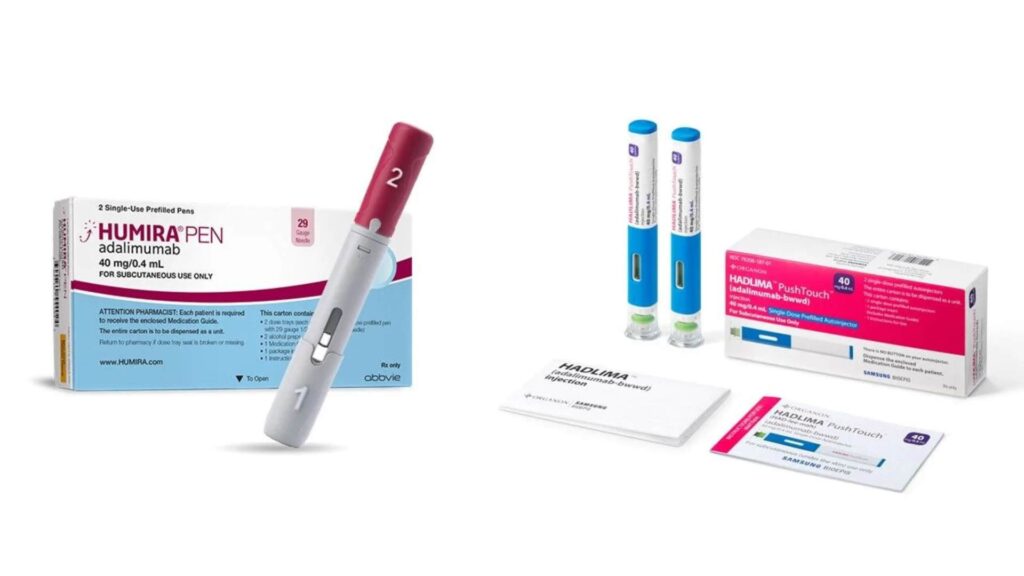Autoimmune conditions require lifelong disease management and disease-suppressive therapies. Recently, CAR T-Cell therapy has been proven effective in controlling symptoms or indefinitely extending disease remission in some individuals. Several research studies and clinical trials have reported encouraging results. It has been proven effective against:
- Multiple sclerosis (MS)
- Rheumatoid arthritis (RA)
- Systemic erythrocytosis lupus
- Type 1 diabetes
- Pemphigus Vulgaris
- Colitis
How Does CAR T-Cell Therapy Work?
CAR T-cell therapy is a personalized treatment method that uses immune cells called T lymphocytes. It works by extracting the patient’s immune cells and modifying those cells with special receptors called chimeric antigen receptors (CAR). Cells are modified and grown in the labs to produce injectable doses.
Chimeric antigen receptor carrying T-cells (CAR T-cells) targets and remove those immune cells that are responsible for autoimmune responses. It produces highly targeted and effective results with drug-free remission. However, results may vary individually.
Potential Side Effects
As CAR T-cells can kill other immune cells, especially antibodies producing B lymphocytes, it can lead to a high risk of infections. Another typical side effect is cytokine release syndrome (CRS) which can be life-threatening but clinically manageable. Other side effects might include:
- High fever
- Sever drop in blood pressure.
- Headache
- Neurological problems such as impaired speech, confusion, and seizures.
These symptoms are often managed by using tocilizumab for CRS and steroids for others.



